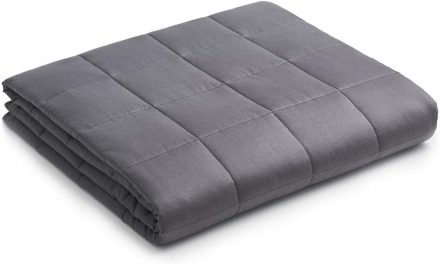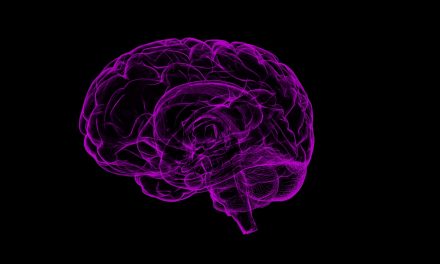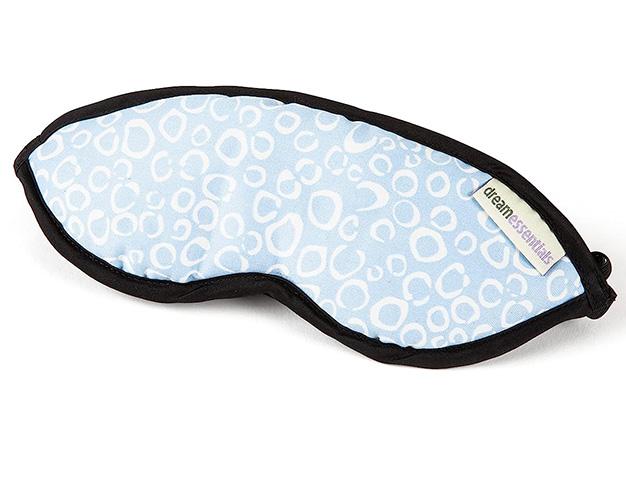Table of Contents
In 2019, Mathew Walker, author of the book “Why We Sleep” published in 2017, did a TED talk on the subject of why sleep is important. The aim of the talk was not to teach you how to improve sleep quality, but rather what happens if you sacrifice your sleep for work or other activities.
The main points of the TED talk “Sleep Is Your Superpower”
Sleep deprivation is detrimental to the male and female reproductive system
Walker starts the talk by making a comical assertion that men who don’t get enough sleep have smaller testicles than men that sleep 7 hours or more. Men getting only 4-5 hours of sleep will have low testosterone levels, and similar in levels to someone that is 10 years their senior.
Walker claims that a lack of sleep is detrimental to the female reproductive system as well.
How sleep influences learning and memory
In studies conducted over the past ten years, Walker and his team have discovered that sleep is required after learning in order to properly save information. Sleep solidifies what you have learned so that you don’t forget.
Studies have shown that good quality sleep is also required before learning in order to prepare the brain so that it may soak up new information, like a sponge. Walker says that when sleep-deprived, the brain’s “sponge” becomes waterlogged and cannot properly store new information.
Sleep study puts the hypothesis to the test
During a sleep study, one group was allowed to sleep normally, while another was denied sleep without the help of caffeine or other stimulants. The next day, both groups were tested on their cognitive abilities and the sleep-deprived group scored 40% slower than the well-rested group. MRI images of the participant’s brains were also taken while they were taking the test.
Walker highlights that within an education setting, sleep deprivation would be the difference between a student acing an exam and a student failing miserably.
Which areas of the brain are affected when sleep-deprived?

Walker hypothesizes that in the sleep-deprived hippocampus, any new experiences that should be committed to memory simply “bounced” much like email destined to a misspelled address.
Sleep Spindles
By attaching electrodes to the head of sleeping participants, Walker’s team could detect a phenomenon called sleep spindles. These brain waves are a burst of high electrical activity that happens during the deepest sleep, during which the most powerful brain waves occur.
Walker says that during sleep spindles, short-term memory events are committed to other areas of the brain for long-term memory storage.
Supercharging Spindles with electrical current to improve sleep quality
Matt Walker had a definite interest in treating dementia and Alzheimer’s, conditions that both correlate with a drop in the quality of sleep. The sleep scientist was able to accentuate sleep spindles with a burst of electrical current from an electrode that is attached to the participant’s head. The aim of this stimulus is to potentially improve the memory capacity of patients with Alzheimer’s and dementia.
Daylight savings time
Spring ahead, fall behind. Statistics show that when we lose an hour of sleep in the springtime, there is a 24% increase in heart attacks the following day. Alternatively, when we gain an hour in the fall, there is a 21% reduction. Similar statistics are seen in the number of car crashes and suicides.
Sleep loss and the immune system
Natural killer cells, that are part of the immune system, identify dangerous parasitic and cancerous cells and eliminate them.
Walker conducted an experiment in which the subjects were limited to 4 hours of sleep per night. With this sleep regimen, there was a 70% drop in killer cell activity. A drop in killer cells can lead to immune deficiency. This leads to the hypothesis that shortened sleep leads to an elevated risk of developing numerous forms of cancer including bowel, breast and prostate cancer.
The WHO classifies nighttime shift work as a possible carcinogen because of the constant disruption of natural sleep patterns and sleep-wake rhythms. Short sleep, short life you could say.
Sleep and you DNA genetic code
Healthy adults were limited to 6 hours of sleep for one week. Their gene activity profile was measured in comparison to when they were getting a full 8 hours of sleep per night. The sleep-deprived state caused an average of 711 genes to be distorted in their activity. The distortions meant that half of the 711 genes had increased activity, while the other half had decreased activity. The genes with decreased activity were the genes associated with the immune system. The genes that had increased activity were genes that were commonly associated with the promotion of tumours, inflammation and cardiovascular disease.
It seems that no part of your general wellness is left unscathed after prolonged sleep deprivation.
Tips to improve sleep quality
Walker suggests that at a minimum, you should avoid caffeine, alcohol and naps during the day.
- More importantly, Matt Walker is a proponent of sleep regularity. Go to bed at the same time and wake up at the same time no matter if it is the week or weekend.
- Room temperature: it is easier to fall asleep in a cooler room than one that is too warm. Aim for a room temperature of 65 F or 18C. For most people, this temperature is optimal.
- Make sleep a non-negotiable in your schedule. Don’t feel guilty or lazy for sleeping a full 8 hours per night.
Sleep Is Your Superpower TED Talk Receives Harsh Criticism
Marcus Sloecher, professor of mathematics and statistics at the Berlin School of Economics and Law (HWR Berlin) since 2011, has delivered a full critique of this TED talk on his blog.
He claims that Matt Walker’s TED talk is riddled with questionable assertions. Some of the claims made by Walker, including his statements about car crashes and suicide rates increasing after daylight savings time cannot be verified because no information can be found to back up the claims.
Still, Walker’s TED talk does point at a few things you can simply avoid in order to improve your sleep. Regular sleep, optimal room temperature (65 F or 18C) and sleeping for the same amount of time every night can help anyone improve sleep quality.
















